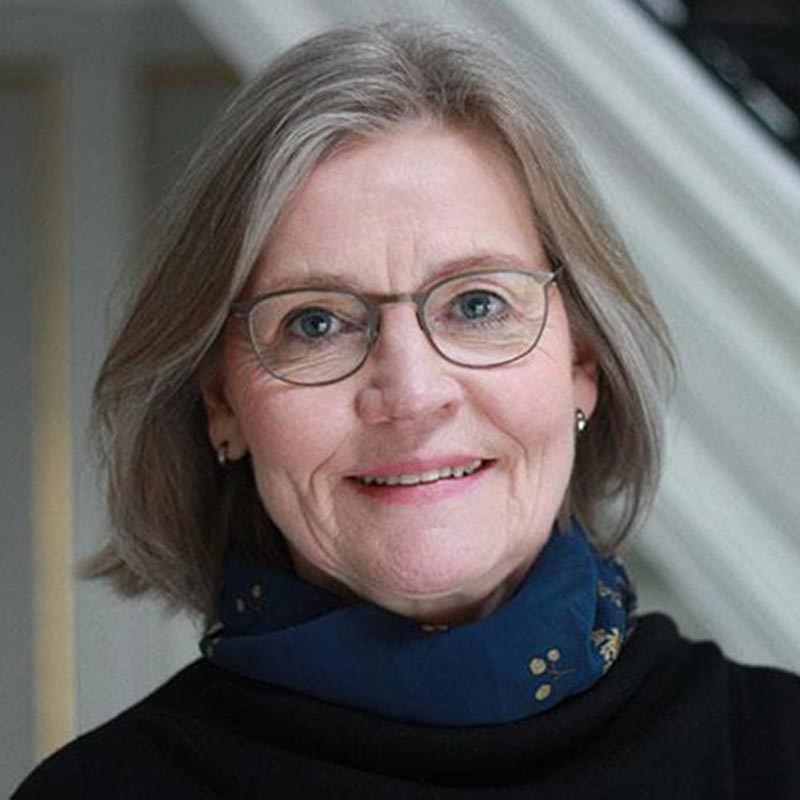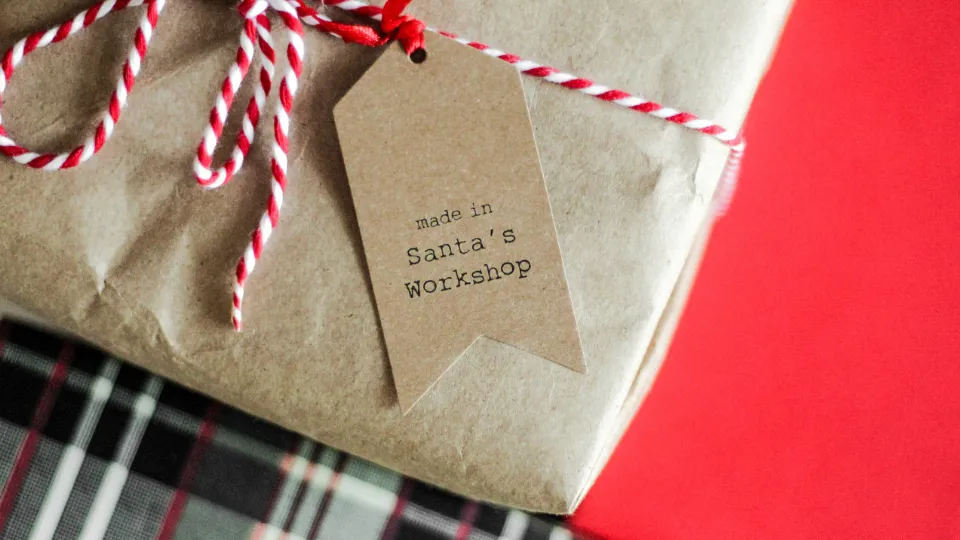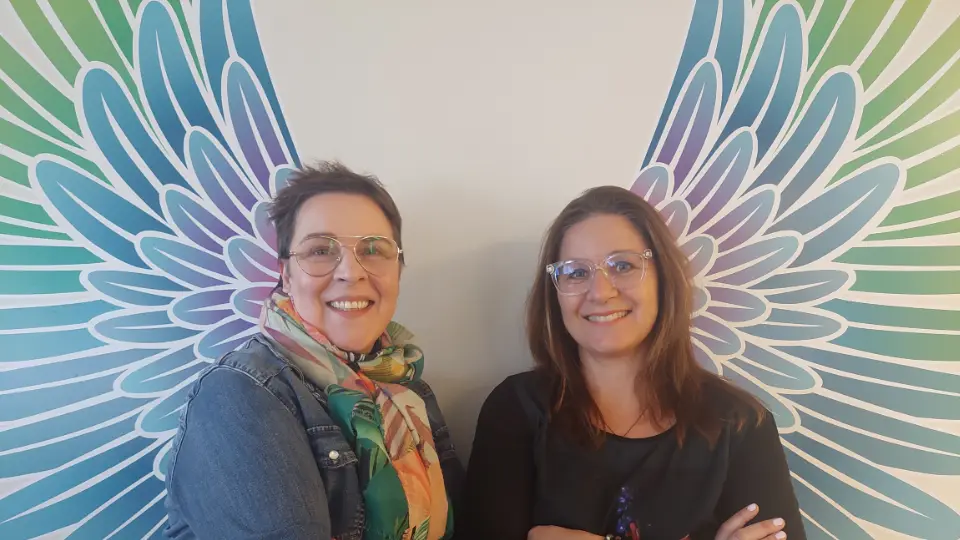1980 – 1990 All learning matters
– I started to pay attention to validation when I arrived in CEDEFOP in 1996. Validation, to make visible and attribute value to all forms of learning, was slowly emerging in some European countries. It became clear to me that this connected directly to my earlier work, focussing on skills development at the interface of education institutions and companies. Validation is important in the sense that it draws attention to all forms of learning, at work and at home, and not exclusively to what is happening in the classroom.
-Validation is closely linked to a shift in focus from teaching input to learning outcomes. This shift, gradually influencing national and European policies since the 1970s, can in many ways be seen as a precondition for the introduction of validation arrangements, says Jens Bjørnåvold.
Where did this all come from?
Jens Bjørnåvold is a Norwegian researcher who has devoted the greater part of his working life to European cooperation on education and training as a senior expert and project manager. After graduating from university, he was able to continue with his main interest, the interaction between learning and training. Working in several industries, for example building and construction, he studied how skills and competences develop outside the formal educational system. He was also involved in a range of research-based evaluations of Norwegian reforms in the eighties, for example the 1994 reform of upper secondary schools and vocational education. While working extensively at the interface of formal education and training and work-based learning, the challenges related to validation and recognition of prior were not systematically addressed during this period. After Norway entered the European Economic Area (EEA) in 1994, Bjørnåvold was the first Norwegian national seconded expert nominated to work with CEDEFOP in 1996. Only at that stage, based on experiences countries like France and the UK, did the relevance of validation become clear. Since 2000 Bjørnåvold has been based in Brussels, working in the European Commission as well as Cedefop’s Brussels representative.
Learning outcomes
This shift from input to outcomes has wider impacts. The focus is on what the learner should know, to understand and be able to do at the end of the learning process, less on how this has been achieved or where it took place. A large-scale introduction of validation requires an opening up of qualifications, clarifying that all forms of learning should be assessed and recognised, not only the learning having taken place in the classroom. This opening up of qualifications, underlines Bjørnåvold, requires rewriting of curricula and a reconsideration of how teaching is to be carried out. Assessment exclusively focussing on text-book knowledge, for example, will efficiently rule out validation.
– You need to focus on outcomes. If you look at how national curricula were written in the nineteen seventies and how curricula are written today, you will see they are different. Learning outcomes are emphasised in a much more explicit way. This gives you a different reference point for validation. You don’t validate against a textbook you should have read, but you make it possible to take into consideration the skills and competence you are in command of, says Jens Bjørnåvold. The de facto introduction of learning outcomes-based approaches in most European countries can be seen as one of the most important conditions for making validation a reality.
Lifelong and life-wide learning
– The efforts to develop validation and the conceptual shift to learning outcomes can be seen as important elements in a wider shift to lifelong and life-wide learning. Skills and competence policies cannot be the exclusive responsibility of educational institutions but need to involve stakeholders in all areas of society, including the labour market and third sector. Policies on lifelong and life-wide learning emerged gradually around the shift of the century, exemplified by the EU Memorandum on lifelong learning published in 2000 and numerous national initiatives, and can be seen as the basis on which validation has evolved. A key lesson, states Bjørnåvold, is that validation cannot be develop in isolation but very much depends on these wider policy developments.
– Meet the winners: VPL Biennale’s prize.
The development varies
The process of validation, as does the focus on learning outcomes and lifelong learning, varies between countries. In Iceland, it was initiated shortly after the turn of the century. The social partners founded the Education and Training Service Centre. One of the main goals of the ETSC is to develop methods for recognition of former learning, and thereby increase the productivity and competitiveness of Icelandic companies.
– I think Iceland is one of the exceptions in Europe, because the access to validation and the development of using validation in this sense is not as obvious in all countries as it is in Iceland. One of the disappointing things is that it takes a long time to develop and to make this shift in all countries. There are still barriers to overcome, states Bjørnåvold.
Qualifications Frameworks
– Another important element facilitating validation is the gradual emergence, from 2000, of qualifications framework. Both the European Qualifications Framework and the corresponding national frameworks operate with learning outcomes-based levels and provide a basis for transfer and accumulation of learning across institutions and countries. Realising lifelong and life-wide learning requires that people can combine qualifications and certificates from different institutions and sectors. Can you, for example, build on your VET certificate in higher education? Can you use your certificates from continuous training when you return to formal education? Qualifications frameworks provide a comprehensive view of existing qualifications, identifying how progression in learning can be made, vertically as well as horizontally and diagonally. These connections and interlinkages, however, cannot always be taken for granted. This is where validation plays a key role – facilitating transfer and progression across levels, sectors, and institutions., says Jens Bjørnåvold.
Education not a hierarchy
We need to stop thinking of education as a hierarchy where you go only in one direction. Validation makes it possible to go in all directions. Sometimes you might have to move horizontally in the system, or from university to vocational education. You must ask what skills and competences you actually need, and where you get them from.
– Podcast: Creating a credentialing system.
The systems are changing
– Another big project I am involved in is The Future of Vocational Education and Training in Europe. Here we have been looking into the interaction between initial vocational education and training of young people and continuous, adult-oriented vocational education and training. What is interesting here is that this interaction is changing. More and more adults are entering initial training, making it necessary to take their prior experiences into account. A consequence of this is that validation is growing in importance and makes it possible to better adjust training to individual needs. Again, you can’t regard validation as just an isolated phenomenon – you need to understand it in relation to changing forms of education and learning, insists Jens Bjørnåvold.
The greatest personal achievement
Jens Bjørnåvold has been acknowledged by many as the father of validation. When asked what he considers to be his greatest personal achievements, he answers:
– To be able to work with validation in a broader context. We would not have progressed with validation without clarifying the concept of learning outcomes, by taking forward qualification frameworks or underlining the importance of lifelong learning. Having been able to support the development and implementation of the European Qualification Framework – and the corresponding National Qualification Framework – is something I am proud of. Based on voluntary cooperation between more than 40 European countries, frameworks are now taken for granted and seem to work quite well.
Continue the cooperation
– Continued cooperation is important for the development of validation. Validation has not been developed in an isolated national policy context. It has developed through strong cooperation between countries as a sort of policy learning, not as policy copying. To be successful in the future it is important to continue the systematic cooperation which has been going on since the 1990s. Contributions to that cooperation come from the regular VPL Biennale, the Commission, and CEDEFOP, with the inventories and guidelines. And of course, by systematically using Erasmus to experiment, test and work together, Jens Bjørnåvold.
– I will be retiring from Cedefop and Brussels at the end of this year. But returning to Norway does not mean I will stop working on validation. I would like to continue to research and write at my own pace in the broader context, says Jens Bjørnåvold.
Here you can find Bjørnåvold address after the handover of the award.





